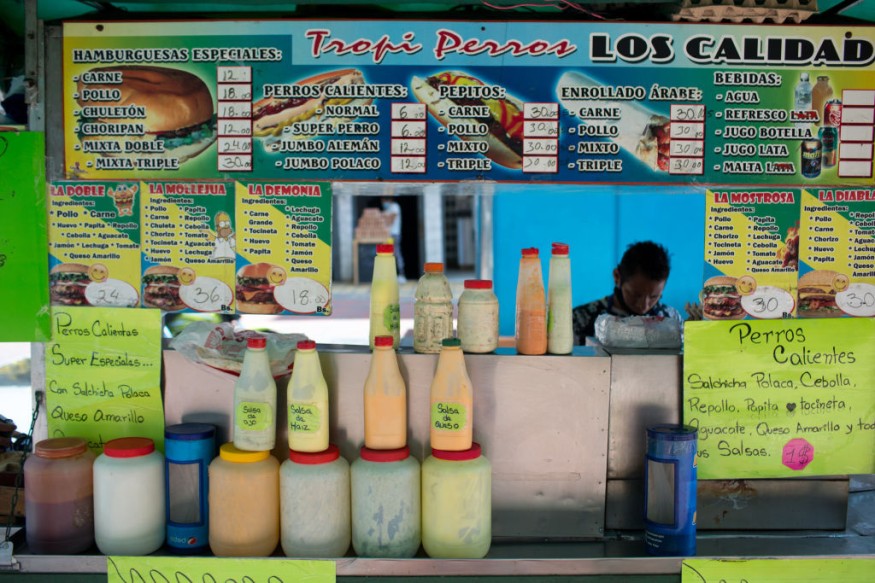Venezuela: Here's What You Should Know About the Culture and Tradition of the Bolivarian Republic

Venezuela, known as the Bolivarian Republic of Venezuela since 1999, is situated on the northern coast of South America.
The country borders Colombia, Brazil, and Guyana. Similar to other Latin American nations, its social and cultural traditions have been deeply molded by Spanish colonization.
According to Cultural Atlas, some of the contributions of the Spanish colonization in Venezuela include the practice of the Roman Catholic religion and the Spanish language.
The dominant culture of Venezuela is a mixture of indigenous and Spanish customs, with Caribbean and Andean influences thrown in the mix.
Venezuelans have a shared value for fairness and equality. They are often described as warm, welcoming, and open people.
READ NEXT : Honduras Travel: Safety Advisories and Tourist Attractions You Should See During Your Visit in Honduras
Venezuela and Its People
Venezuela does not have an official religion, but Roman Catholicism remains the dominant and culturally pervasive faith.
Around 71 percent of the population in Venezuela is identified as Catholic, while 17 percent said they are Protestant and nine percent identified as unaffiliated with any religion.
The remaining population has been identified with other religions, such as folk beliefs. However, many self-identifying Christians also practice rituals based on folk beliefs.
Santeria is mainly practiced by many in Cuba. However, the religious practice arrived in Venezuela along with thousands of Cuban doctors, according to an NBC News report in 2008.
Santeria priests also make annual predictions for Venezuelans and issue warnings. Many shops have opened in Venezuela selling roosters, goats, and other animals to be sacrificed in Caracas.
The folk belief was born in Cuba among Yoruba slaves from West Africa. Espiritismo is also practiced as a folk belief in Venezuela.
Santeria and Espirtismo followers make up as much as 30 percent of the Venezuelan population. The count may not be accurate as many followers keep their practice a secret, even hiding it from family members.
Meanwhile, Venezuelans mainly speak Spanish being their official language. There are still 25 surviving indigenous languages belonging to three linguistic families: Caribans, Arawak, and Chibcha, according to Every Culture.
Venezuela's Political History and Economy
Venezuela was once considered one of South America's wealthiest and safest countries during the 20th century.
The country is rich in oil reserves, which are the largest in the world. However, the country's development went downhill with widespread corruption.
In 1999, Colonel Hugo Chavez Frias was voted into the president's office. He was imprisoned for leading a failed coup against the government of Carlos Andres Perez, promising a social reform to tack inequality and corruption.
His presidency lasted for 14 years until he died in 2013. Political ideologies in Venezuela have become divided between "pro" or "anti" Chvez attitudes.
In 2014, Venezuela experienced an economic upheaval with the country being vulnerable to the rising and falling global price of oil as it was nationalized under Chavez's administration.
The economic struggle of Venezuelans doubled with hyperinflation. Since 2017, around 75 percent of people have lost significant weight due to hunger.
The United Nations counted fleeing Venezuelans from the country to 5.3 million by the end of 2019. Venezuelan nationals fleeing their own country were seen as the largest in the modern history of Latin America and the Caribbean.
This article is owned by Latin Post.
Written by: Mary Webber
WATCH: Special Report: Inside Venezuela - From Bloomberg Markets and Finance
Subscribe to Latin Post!
Sign up for our free newsletter for the Latest coverage!















